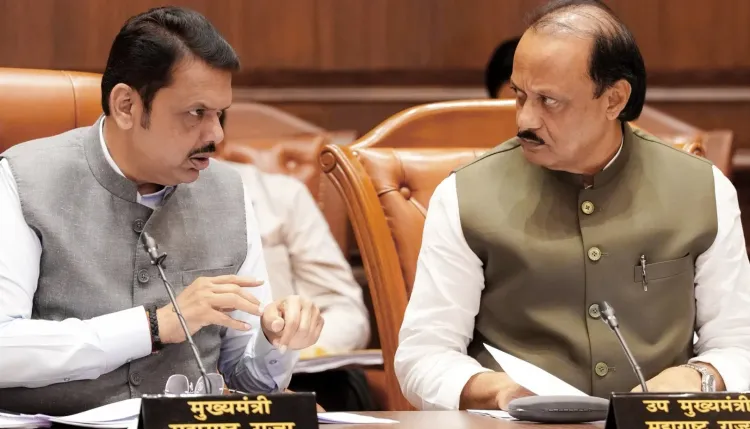What Changes Are Proposed in the Maharashtra GST Amendment Bill?

Synopsis
Key Takeaways
- 13 amendments proposed for the Maharashtra GST Act, 2017.
- Focus on transparency and convenience for taxpayers.
- 10% advance payment for appeals involving penalties.
- New provisions applicable to Special Economic Zones.
- Retrospective amendments from July 1, 2017.
Mumbai, July 3 (NationPress) - On Thursday, Deputy Chief Minister and Finance Minister Ajit Pawar presented the Maharashtra Goods and Services Tax (Amendment) Bill, 2025 in the Assembly, aiming to revise the Maharashtra Goods and Services Tax Act, 2017 with a total of 13 amendments.
The purpose of this bill is to implement amendments in the Central GST Act at the state level, aligning with the Finance Act, 2025, which was passed by the Central government in March 2025. This will foster uniformity between Central and state regulations, enhancing convenience and transparency for taxpayers.
The proposed amendments include updates on input service distributors, time of supply, distribution of deposits, appeal processes, track and trace mechanisms, and specific goods supply provisions.
Changes have been suggested for Sections 2, 12, 13, 17, 20, 34, 38, 39, 107, 112, 122, 148, and the Schedule. Notably, the new provisions will apply to goods supplied in Special Economic Zones or Free Trade Warehouses. Appeals that only involve penalties will now require a 10% advance payment instead of the previous 25%.
Additionally, the bill introduces a new provision allowing a 10% pre-deposit for appeals to the Appellate Tribunal concerning penalties without tax demands. Section 122 B is set to impose penalties for violations related to the Track and Trace Mechanism under section 148A, and amendments to Schedule III will have a retrospective effect from July 1, 2017.
As a result of these amendments, goods stored in a Special Economic Zone or Free Trade Warehousing Zone prior to export clearance or for the Domestic Tariff Area will not be classified as either goods or services.
The Deputy Chief Minister emphasized that these amendments transcend mere legal compliance, focusing on providing accessible and transparent services to taxpayers. This is a significant step in enhancing the efficiency of the GST system.









